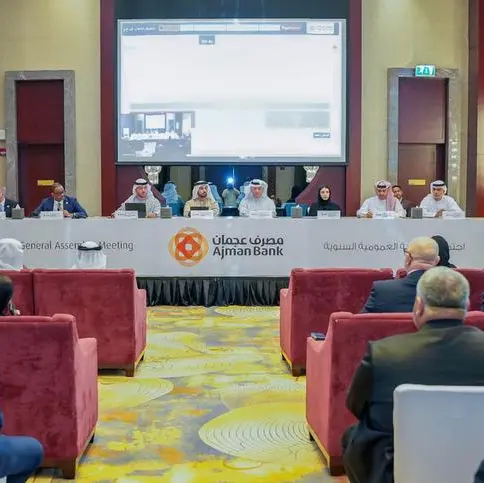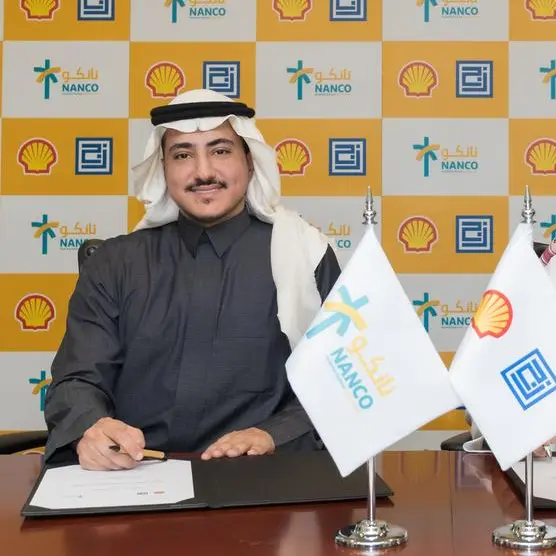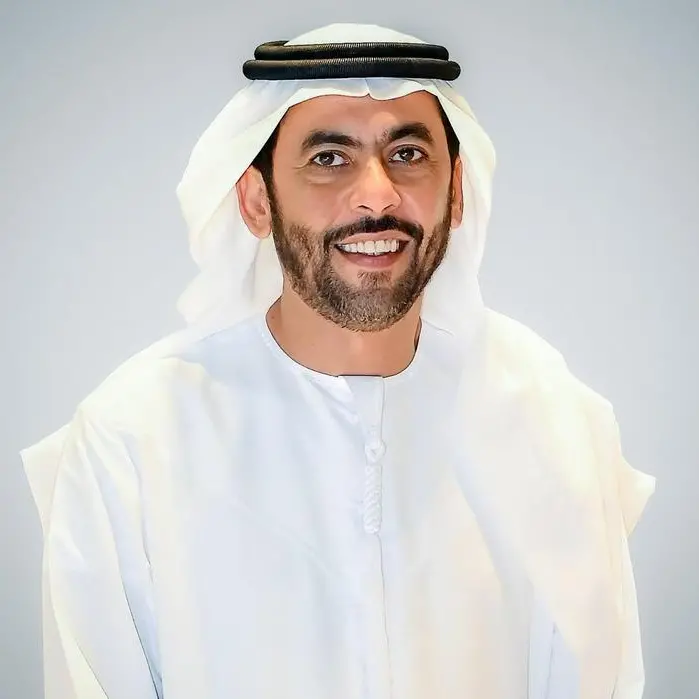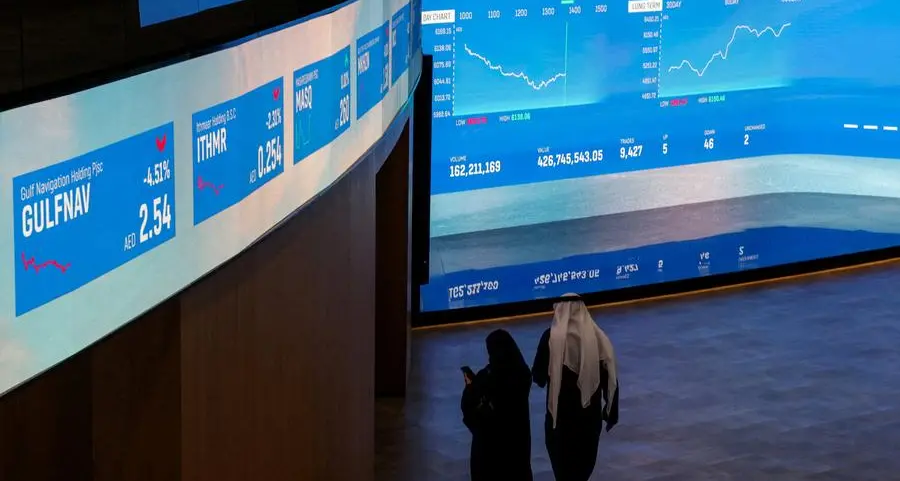FAO's desert locust response programme is supporting rural farming households to address acute food insecurity in rural areas while contributing to mitigate further displacement.
Forty-three-year-old Hibo Hussein lives in Quljeed village, Borama District, and relies on rainfed farming to sustain herself and her family. Hibo grows corn, maize and various kinds of vegetables with her family, and is part of the 46 percent of the population working in agriculture. Her region, Awdal, is one of the worst affected by the desert locust and droughts in Somalia, which have caused significant losses in crops, water sources and pastures, leaving livestock in poor condition and households food insecure.
In Somalia, agriculture plays a key role in economic growth and poverty reduction, but climate change, conflict, floods, droughts, the desert locust plague, the socio-economic impact of COVID-19 and the cumulative effects of previous crises have caused its contribution to the economy to decline by almost 60 percent since its peak in 1989. These factors have historically contributed to displacement, as families must leave their farms in search of food, water and basic services.
Now, through a complementary approach combining the generous funding from Sweden with that of other resource partners, FAO's cash plus agriculture emergency programme is supporting rural farming households to address acute food insecurity in rural areas while contributing to mitigate further displacement by helping people to stay productive within rural areas, laying the groundwork for future recovery.
The climate-smart livelihood kit is tailored to the needs and vulnerabilities of distinct livelihood zones with the provision of land preparation services and quality and locally adapted and drought-resistent crop seed varieties. The kit includes multi-layered hermetic storage bags which help reduce post-harvest losses. Farmers like Hibo also received training on good agricultural practices, gaining new skills to adapt to a future affected by climate change resulting in an increasing frequency of droughts and other climate-related disasters.
"Drought and desert locusts are a major threat, because it keeps happening, and there will be no farms left and nothing to feed our children. It will be difficult for people to survive." said Hibo at her farm. "FAO supported us with land preparation and bought us seven different types of seeds," she added.
The integrated intervention supported farmers in Somaliland with four tractor hours to increase land under production and maximize crop yields in addition to the provision of 30 multi-layered hermetic storage bags each to minimize post-harvest losses. With the core-funding of another resource partner, the same farmers were also supported with locally-adapted seed varieties that are drought tolerant and can provide families with sources of food, income as well as fodder from crops. The seed kit (cereal, vegetable, pulse and/or legume seeds) is tailored to farmers' needs and traditional practices in Somaliland's different regions. The seed kit included 12 kg of sorghum, 10 kg of cowpea, 12 kg of mung beans and 240 g of assorted vegetable seeds.
"We also included unconditional cash transfers to ensure immediate access to basic food needs, while restoring their own food production and income. The cash and agricultural livelihood programme incorporates trainings on good agricultural practices and good nutrition practices" said Elizabeth Karungo, FAO in Somalia Emergency Programme Officer.
Women, like Hibo, received cash transfers to help them cover their immediate food and other basic needs until their crops were harvested. Before payment of cash entitlements, the beneficiaries were verified by a mobile network operator (MNO). This involved the identification of beneficiaries with a pre-loaded photo collected during registration and capturing of a new GPS photo. The sim cards and phone numbers were also verified to make sure that the money went into the right hands.
FAO has moved to fully digitalize unconditional cash transfer systems. The FAO-designed mobile money system allows beneficiaries to receive payments through their cell phone. The system is safe, efficient and convenient and reduces risks associated with moving with cash such as extortion or taxation. It is also a relief to people like Hibo in areas affected by droughts and desert locusts.
"They also gave us three months of cash support that I used to pay for school fees and other basic supplies. We are so grateful," Hibo said.
Distributed by APO Group on behalf of Food and Agriculture Organization (FAO).
© Press Release 2021
Disclaimer: The contents of this press release was provided from an external third party provider. This website is not responsible for, and does not control, such external content. This content is provided on an “as is” and “as available” basis and has not been edited in any way. Neither this website nor our affiliates guarantee the accuracy of or endorse the views or opinions expressed in this press release.
The press release is provided for informational purposes only. The content does not provide tax, legal or investment advice or opinion regarding the suitability, value or profitability of any particular security, portfolio or investment strategy. Neither this website nor our affiliates shall be liable for any errors or inaccuracies in the content, or for any actions taken by you in reliance thereon. You expressly agree that your use of the information within this article is at your sole risk.
To the fullest extent permitted by applicable law, this website, its parent company, its subsidiaries, its affiliates and the respective shareholders, directors, officers, employees, agents, advertisers, content providers and licensors will not be liable (jointly or severally) to you for any direct, indirect, consequential, special, incidental, punitive or exemplary damages, including without limitation, lost profits, lost savings and lost revenues, whether in negligence, tort, contract or any other theory of liability, even if the parties have been advised of the possibility or could have foreseen any such damages.



















